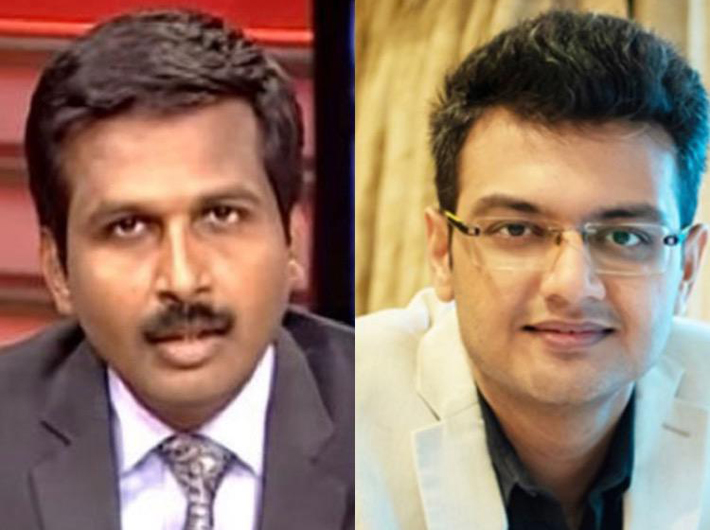Nilesh Khare, Business Head and Editor-in Chief, Zee 24 Taas, in conversation with Kailashnath Adhikari, MD, Governance Now
GN Bureau | February 1, 2021

Indian Philosophies Rediscovered: Ancient Wisdom, Modern Relevance By Rajeev Kurapati Rupa Publications, 232 pages, Rs 395.00 Western philosophy, in its original conception, offered guidance on the key question: ‘How to Live’. Over the cent
In the heart of Delhi’s Nizamuddin Basti, one of the world’s most densely populated neighbourhoods, women and young people across socio-economic groups are quietly reshaping their environment. Amidst narrow lanes and crowded homes, they are coaxing spinach, chillies, bitter gourd, and tulsi out
Rani, a student of a school in Wadepuri, a remote village in Nanded district of Maharashtra, says, “There is a big Devi mandir in my village where many pilgrims come every year. This year we have planted 200 trees along the pathway to the mandir, and we will take care of the trees and celebrate their
Katabasis By R. F. Kuang Harper Voyager, 560 pages, Rs 699 R. F. Kuang is a name to reckon with. She has studie
The Hindi Heartland: A Study By Ghazala Wahab Aleph Books, 528 pages, Rs 999 When the elections results s
Everything All at Once: India and the Six Simultaneous Global Transitions By Rajiv Kumar and Ishan Joshi Rupa Publications, 256 pages, Rs 695

